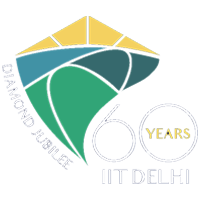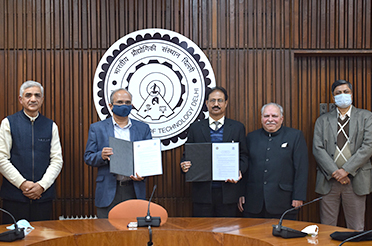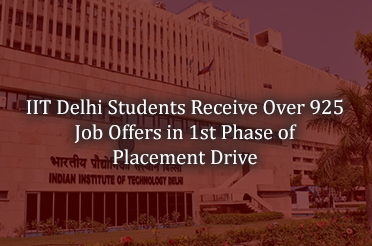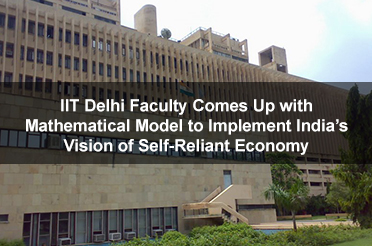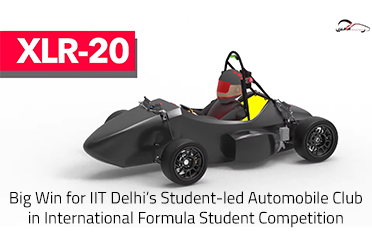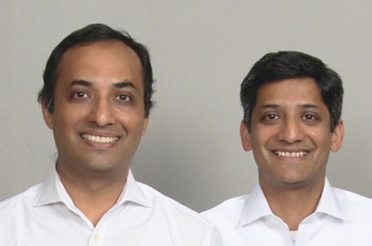Publish Date: 14th August 2020
IIT Delhi alumnus Piyush Chanana has won the prestigious Neilom Prize for 2019 for his work towards developing Smartcane, the electronic travel aid for people with visual impairments.
Share this on
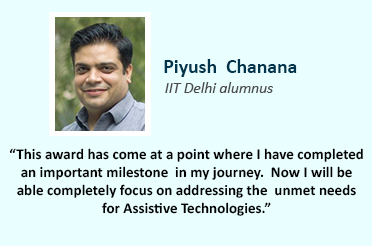
Chanana has been an integral part of Assistive Technology Lab at IIT Delhi and has played an important role in research, development and dissemination of multiple assistive technology solutions. Every year the Neilom Prize recognises the best outgoing student at IIT Delhi for his/her work in the space of assistive technology.
He has been catalytic in creating new models and pathways of engagement with community, industry and dissemination of Assistive Technology and contributed significantly towards creation of an ecosystem, conducive for user driven research by bringing together researchers, industry partners, user organizations as well as users.
Chanana completed his PhD in Assistive Technologies from IIT Delhi and is also a co-recipient of national award for the best applied research/ product aimed at improving the life of persons with disabilities and a co-founder of a social enterprise “Raised Lines Foundation”, focused on creating user centric, affordable and holistic AT solutions for education for persons with blindness.
Prior to joining IIT, he worked as an Assistant Professor at Bharti Vidyapeeth’s College of Engineering, New Delhi for 6 years, during which he was involved in teaching and research in the field of Embedded Systems and Digital design.
His research interests include user centric product development, usability engineering, Assistive Technologies and Accessibility.
He talks with Dr Vanita Srivastava of the Communication Cell on his work and future plans.
Since when have you been associated with the Assitech Lab. What was the focus area on which you worked?
I have been part of the Assistech lab since 2012. My focus area of work has been need assessment, development and dissemination of Assistive Technologies for persons with visual disabilities.
Why did you take up this subject?
Initially when I joined the lab, I had no idea of Assistive Technologies. Interactions with the team members especially who were visually challenged inspired me to take up the area of Assistive Technologies. It provided me an opportunity to make best use of my skills and experience. At the same time, this helped me learn and explore multiple allied domains like human computer interaction, user centric product development, accessibility and disability. This built up my confidence to take up bigger challenges of Assistive technology development.
What are your future plans?
I will continue to work in this area to create a significant positive impact in the lives of persons with disabilities. It's a marathon and requires consistent collaborative effort before we would see a transformative change.
How will this award help in motivating you to meet your future goals?
This award has come at a point where I have completed an important milestone (PhD) in my journey. This acknowledgement of my efforts over the last several years is highly motivating. Now I will be able completely focus on addressing the unmet needs for Assistive Technologies.
